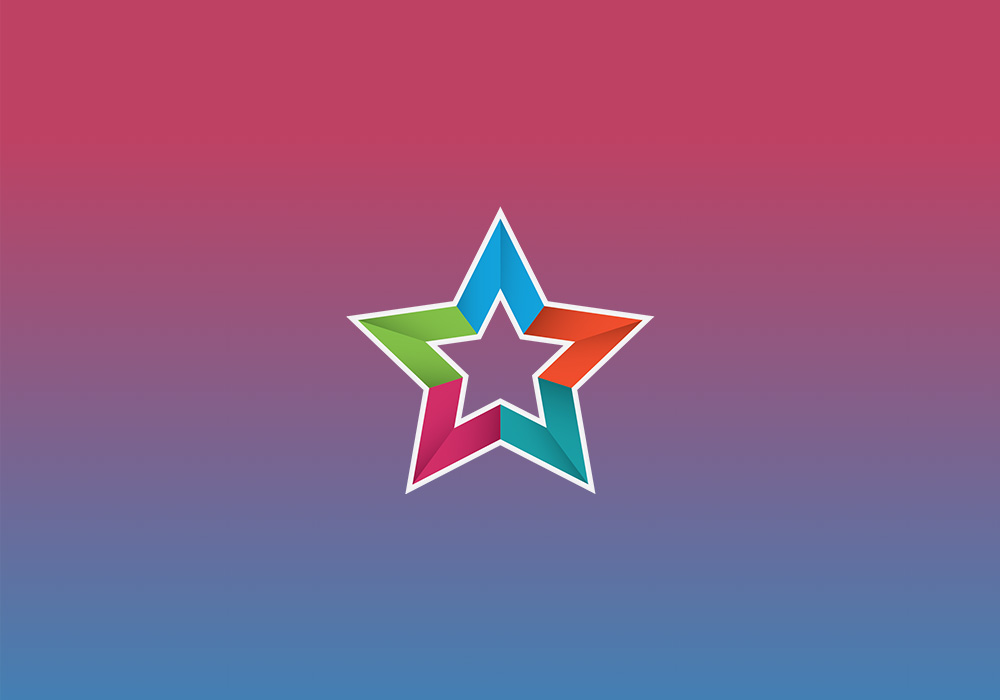
National Recovery Month turns 25 this year!! To honor this important milestone, it is our hope you will join us as we celebrate those courageous individuals working a personal program of recovery. Recovery Month isn’t just to promote awareness. It is much more. National Recovery Month promotes positive change in how we perceive recovery from addiction in all its forms. It is also about educating our community to overcome the shameful stigma of mental health and substance abuse disorders.
The Stigma of Addiction
What we would like to challenge is the notion that having a mental health and substance abuse disorders is a choice. It is not a choice, they are illnesses. Mental illnesses vary from anxiety disorders to obsessive-compulsive disorders (OCD) while substance abuse disorders consist of alcoholism and drug addiction. Oftentimes people who are diagnosed with a severe mental illness have some type of substance abuse. In fact, the Journal of the American Medical Association estimates 50 percent of these individuals are affected by substance abuse. Of those 50 percent, 37 percent of them have alcoholism and 53 percent have some form of drug addiction. We would also like debunk the notion that individuals with mental health and substance abuse disorders are untrustworthy or bad people.
The Three Stigmas
You must be a bad person.What is often lost with this mentality is addiction is a disease. You wouldn’t say your sister, who has Type 1 Diabetes, is a bad person because she needs insulin. Or if your child has asthma, you wouldn’t say they were weak because they require the use of an inhaler. Mental illnesses are not the result of poor upbringing, lack of character, or personal weakness. Nor are they bad people or shady individuals lurking in the back alley. They are fathers, sisters, grandparents, neighbors, and co-workers. What is important to remember is these are individuals struggling with a real life-threatening disease, not any different than anyone else facing a life-threatening illness, so we must treat them as such.
They choose to drink or take drugs. They could just stop.Yes, using drugs or excess drinking is a choice. But using these substances for an extended period of time doesn’t just change your body, it impacts the brain’s chemistry making it incredibly difficult for the user to stop. Their choice is removed once full-blown addiction sets in. Unfortunately, it isn’t as easy as throwing your stash away and getting through the night. Recovery is a lifetime commitment.
Shhhh…You should be ashamed. Individuals working a personal program of recovery are to be celebrated. Not shamed. Much like the joyous celebration of finding out someone is in remission from cancer, an individual working a personal program of recovery should be as well. We hope you will join us by celebrating the individuals who are taking a huge step by participating in a personal recovery program to take back their lives and overall well-being!
What Can You Do?
Spread the Word: Be open and talk about mental health and substance abuse disorders.
Spread Positivity. Share the positive message that behavioral health is essential to overall health and that it is important to seek support and help. Remember people can and do recover.
Offer Support: Whether you offer your support by reaching out to others, volunteering, donating to the help further the cause; each step you make, big or small has a positive impact on our community.
Upcoming Events In Your Area?
If you are in the Nashville vicinity we have a variety of great events coming up! Show your local support to those recovering from mental or substance disorders by attending one of these incredible events. If you are not in the Middle Tennessee area, no worries, click here to find a local event in your area.
5K Walk for Recovery – 9/13/2014
RecoveryFest Nashville – 9/27/2014
Need Support?
 Local to Middle Tennessee? STARS Youth Overcoming Drug Abuse (YODA) program located in Nashville, TN provides compassionate care for adolescents and young adults with substance use and co-occurring disorders. YODA provides free treatment services to youth ages 13-18 who are uninsured or have insurance that will not pay for treatment.
Local to Middle Tennessee? STARS Youth Overcoming Drug Abuse (YODA) program located in Nashville, TN provides compassionate care for adolescents and young adults with substance use and co-occurring disorders. YODA provides free treatment services to youth ages 13-18 who are uninsured or have insurance that will not pay for treatment.
Visit us at the Youth Opportunity Center, 1704 Charlotte Avenue, Nashville, TN 37203, or visit our website.
For referral & intake call our confidential line: (615) 983-6809
National Helpline: 1-800-662-HELP (4357)
Photo Credit: Fairbanks



